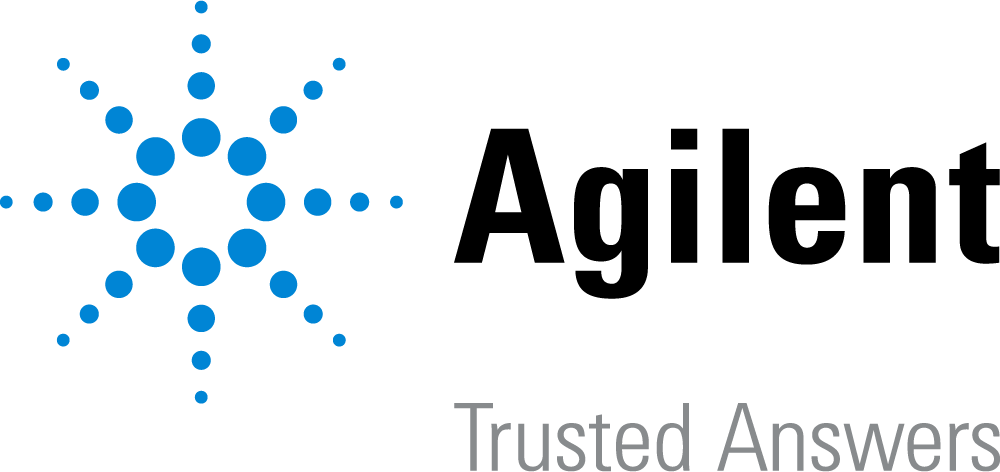|
2023 western region candidatesCandidates are listed alphabetically by surname. |
Sayantani ChatterjeePost Doctoral Associate, Boston University, USA
Sergio Encarnación-GuevaraHead of Proteomics Laboratory, Center for Genomic Sciences, National Autonomous University of Mexico, Mexico 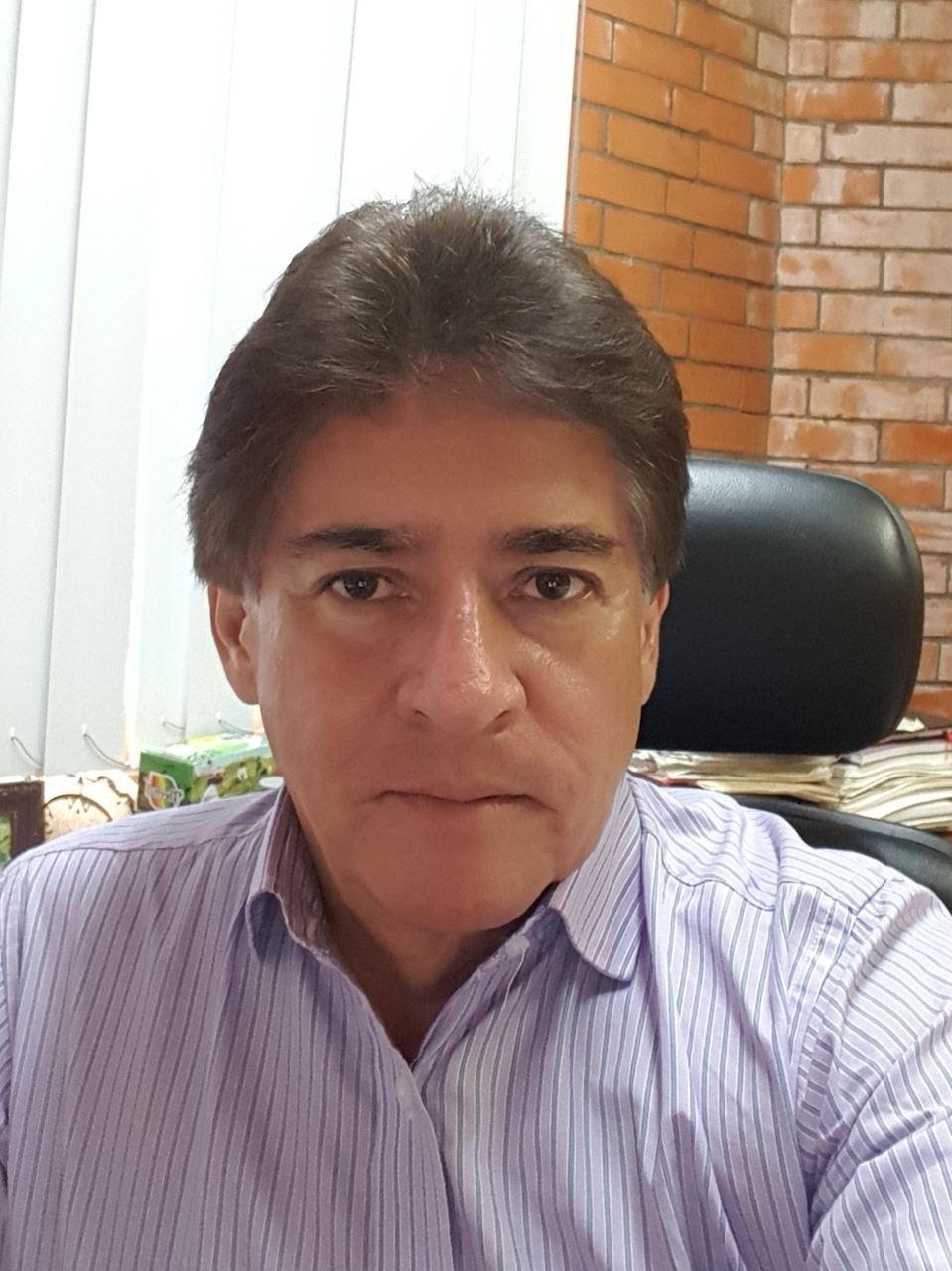 Sergio Encarnación-Guevara is a Professor of Functional Genomics at the Center for Genomic Sciences of the University of Mexico and the principal investigator of the laboratory of proteomics. He received his PhD from the University of Mexico, and post-doctoral training in the Department of Molecular Genetics at Harvard Medical School. After a short time working in Frederick Neidhardt’s laboratory at the University of Michigan (a pioneer in proteomics), he established the first proteomics laboratory in México and published the first works in proteomics by a Mexican group. In 2005, he was the founder and vice-president of the Mexican Proteomics Society, to strengthen and promote the field in his country. His first achievement was to organize the earliest two Mexican Symposiums of Proteomics, in parallel with courses on Mass Spectrometry applied to Proteomics. Recently, he was Vice-Chair of the 6th Symposium of the Mexican Proteomic Society (2015) and Chair of the organizing committees of the 8th Symposium of the Mexican Proteomic Society, the 2nd Ibero -American Symposium on Mass Spectrometry and the 3rd PanAmerican-Human Proteome Organization (Pan-HuPO) meeting, held in 2019. Currently, he is the leader of the Chromosome 19 Mexican team (C-HPP), a member of the HUPO Awards Central Committee (since 2018), and was Chair of the HUPO-2022 Congress, celebrated in Cancun, Mexico. He has published numerous papers, book chapters, and conference proceedings. Major research interests are cancer proteomics, focusing on the secretome, tumoral dynamics, quantitative proteomics, protein phosphorylation, and the stoichiometry of ubiquitination and acetylation. Sergio Encarnación-Guevara is a Professor of Functional Genomics at the Center for Genomic Sciences of the University of Mexico and the principal investigator of the laboratory of proteomics. He received his PhD from the University of Mexico, and post-doctoral training in the Department of Molecular Genetics at Harvard Medical School. After a short time working in Frederick Neidhardt’s laboratory at the University of Michigan (a pioneer in proteomics), he established the first proteomics laboratory in México and published the first works in proteomics by a Mexican group. In 2005, he was the founder and vice-president of the Mexican Proteomics Society, to strengthen and promote the field in his country. His first achievement was to organize the earliest two Mexican Symposiums of Proteomics, in parallel with courses on Mass Spectrometry applied to Proteomics. Recently, he was Vice-Chair of the 6th Symposium of the Mexican Proteomic Society (2015) and Chair of the organizing committees of the 8th Symposium of the Mexican Proteomic Society, the 2nd Ibero -American Symposium on Mass Spectrometry and the 3rd PanAmerican-Human Proteome Organization (Pan-HuPO) meeting, held in 2019. Currently, he is the leader of the Chromosome 19 Mexican team (C-HPP), a member of the HUPO Awards Central Committee (since 2018), and was Chair of the HUPO-2022 Congress, celebrated in Cancun, Mexico. He has published numerous papers, book chapters, and conference proceedings. Major research interests are cancer proteomics, focusing on the secretome, tumoral dynamics, quantitative proteomics, protein phosphorylation, and the stoichiometry of ubiquitination and acetylation.Justyna Fert-BoberAssistant Professor, Cedars-Sinai, United States
Jennifer Geddes-McAlisterAssociate Professor, University of Guelph, Canada 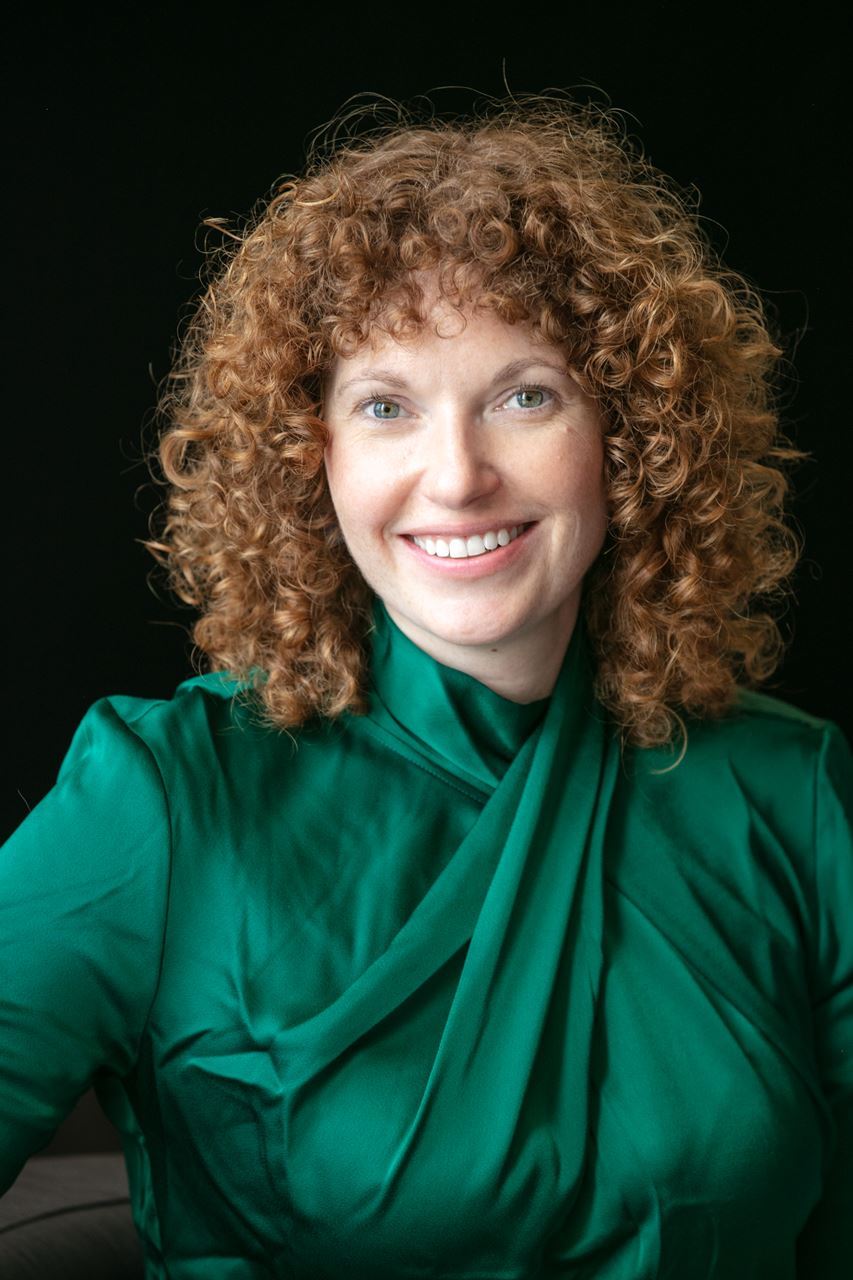 Dr. Jennifer Geddes-McAlister joined the Department of Molecular and Cellular Biology at the University of Guelph in July 2018 and she was recently awarded tenure and promotion to Associate Professor. Her lab applies mass spectrometry-based proteomics to investigate host-pathogen interactions with a focus on One Health approaches to overcoming fungal disease. She completed her BSc and MSc at the University of Lethbridge, her PhD in Microbiology and Immunology With Dr. Jim Kronstad from the University of British Columbia, and a post-doctoral fellowship funded by the Alexander von Humboldt foundation at the Max Planck Institute of Biochemistry (Germany) with Prof. Dr. Matthias Mann. In recognition of her scientific achievements she received the Banting Research Foundation - Jarislowsky Discovery Award (2020), Government of Ontario Early Researcher Award (2022), Canadian National Proteomics Network & Genome Canada New Investigator Award (2022), and the Canadian Society of Microbiologists Thermo Fisher New Investigator Award (2023). She is Director of the Bioinformatics Graduate Program at the University of Guelph, President of the Canadian National Proteomics Network, co-founder of the Canadian Proteomics and Artificial Intelligence Consortium, and founder of ‘Moms in Proteomics’ an initiative dedicated to recognizing and supporting mothers in STEM. Daniel HornburgVice President Proteomics, Seer Inc., USA 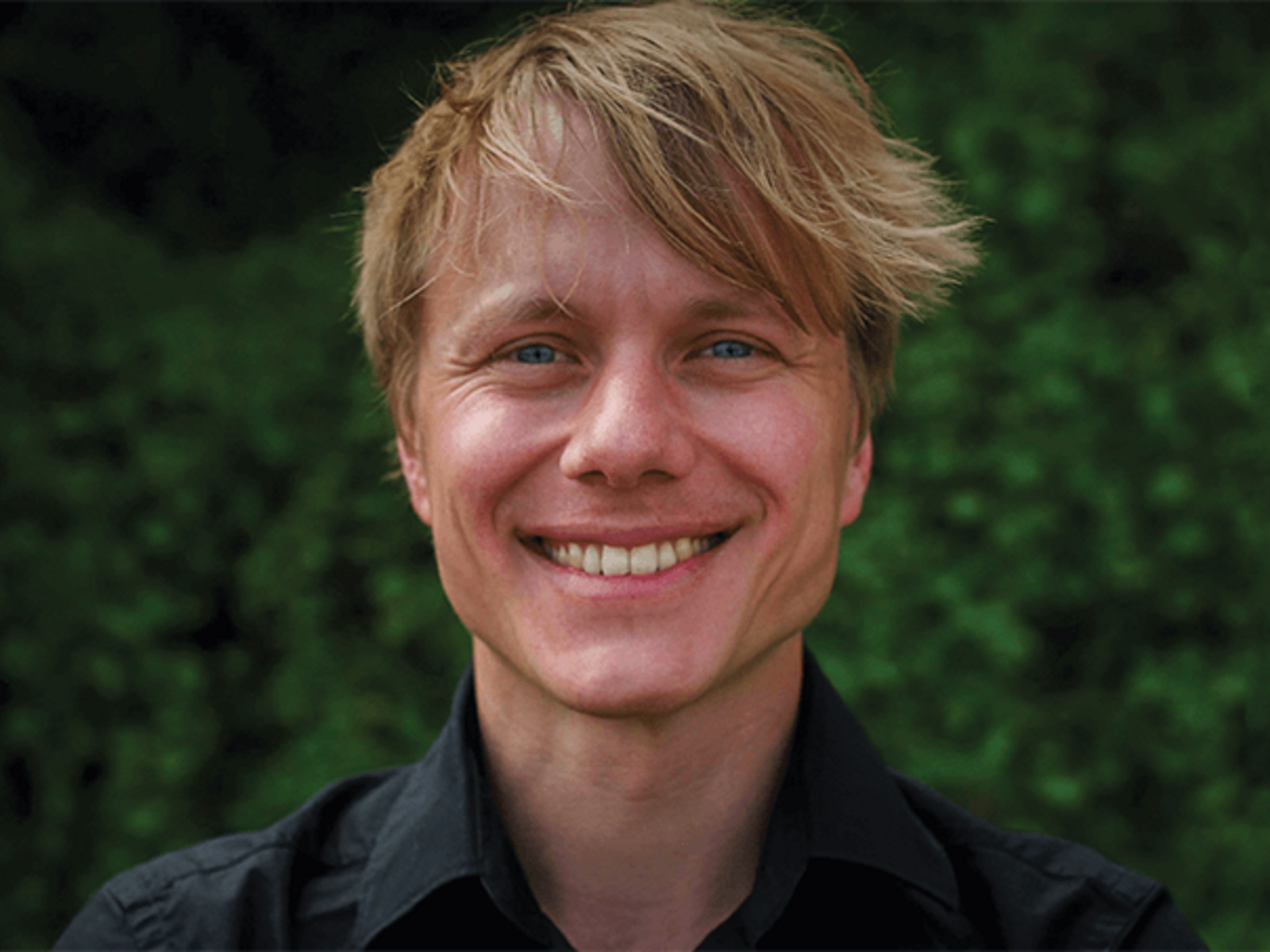 As VP of Proteomics at Seer, I've dedicated my career to innovating in proteomics research. Our team's work, recognized by the HUPO 2022 Proteomics Science and Technology Award, has revolutionized the capture of low-abundance proteins from complex biosamples. My academic journey began at the Max Planck Institute of Biochemistry, researching proteome alterations in neurodegenerative disorders with Matthias Mann. At Stanford University, I expanded my horizons with Mike Snyder, integrating multi-omics strategies, from technology to data integration, studying lipidome, metabolome and proteome alterations in metabolic disorders. My contributions include numerous high-impact scientific publications and patents, collectively amassing thousands of citations. This cross-disciplinary experience empowers me to spearhead innovation in multi-omics research. I enjoy to actively disseminate scientific concepts to diverse audiences through various media platforms, as well as mentor early career scientists demonstrating my commitment to open science. Leading cross-functional teams in academia and at Seer has honed my leadership skills and equipped me to contribute effectively to the HUPO Council. My vision for HUPO is to accelerate the global adoption of proteomics technologies, fostering collaborations to tackle pressing biomedical challenges. I believe in harnessing our collective expertise and data to drive this field forward. I bring a unique blend of practical experience from biochemistry, technology, big data, academic knowledge, and leadership skills, coupled with a drive for innovation and collaboration. My dedication to advancing proteomics and multi-omics globally makes me an ideal candidate for the HUPO Council. I look forward to the opportunity to contribute to HUPO's mission and the broader proteomics community. Lan HuangProfessor, University of California, Irvine, USA
During the last two decades, the Huang lab has developed a number of novel methodologies to capture, purify and quantify protein-protein interactions in living cells. She has pioneered the development of sulfoxide-containing MS-cleavable cross-linkers (e.g. DSSO), and thus established a robust cross-linking mass spectrometry (XL-MS) platform that enables the elucidation of interaction networks and structural topologies of proteomes in vitro and in vivo. The strategies developed by her group have proven highly effective as general proteomic tools for studying protein-protein interactions and protein complexes. She has successfully translated her research findings into practical applications, receiving multiple patents and commercializing reagents that have a made a substantial impact in the scientific community. Through her career, Dr. Huang has been intensely involved in various services in the mass spectrometry and proteomics communities. She has served on a number of committees for multiple professional societies including ASMS, ASBMB, US HUPO and CASMS organizations, and has been the President of CASMS for 2021-2023. She also serves as an Ad hoc reviewer for many journals and funding agencies. In addition, she has served as co-organizers for many international conferences including US HUPO annual meetings, ASMS Sanibel meeting, Gordon conferences, and CASMS annual conferences. She has been and Editorial Board member of Molecular & Cellular Proteomics since 2007 and an Associate Editor of FASEB BioAdvances since 2019. She has a strong commitment to advancing proteomics and a passion for fostering collaboration and innovation, and is eager to actively participate and contribute to the continued growth and success of HUPO. Thomas KislingerProfessor, Senior Scientist, University of Toronto, Princess Margaret Cancer Centre, Canada
Qing Kay LiProfessor, The Johns Hopkins University, USA
One of important aims of HUPO is to revolutionize our understanding of the human proteome biology at the cellular level and lay a foundation for the development of precision medicine. Dr. Li’s contribution will promote this aim. Dr. Li is involved in B/D-HPP and Pathology Pillar. Her optimal goals are to promote the understanding of human proteome in B/D at the cellular level, to validate proteoforms and protein networks using clinical samples, and to disseminate up-to-date knowledge to scientific community for the development of diagnostic, prognostic, therapeutic, and preventive medical applications. Amber Mosley Professor, Indiana University School of Medicine, USA
Aleksandra Nita-Lazar Senior Investigator, Laboratory of Immune System Biology, NIAID, NIH, USA
I have been working in the area of proteomics and mass spectrometry throughout my professional career. During my graduate studies in Switzerland, I utilized mass spectrometry to study the unusual post-translational modification, the C-mannosylation of the tryptophan residues in proteins. As a postdoc, I worked on PTMs in cell signaling, mapping and determining the site occupancy levels for the O-fucosylation and O-glucosylation sites in Notch receptors and conducting the large-scale studies of the tyrosine phosphorylation dynamics in protein signaling networks. Currently, I lead the Functional Cellular Networks Section at the Laboratory of Immune System Biology at NIAID, NIH, characterizing the changes of protein abundance, interactions, localization and PTM status in the innate immune signaling with an ultimate goal to be able to create robust, accurate, and predictive mathematical network models. After joining HUPO, I realized that my professional experience, interests and goals were exceptionally well aligned with these of the HUPO. I enthusiastically support the Organization’s mission and I contribute towards it with my energy and skills. As a Council member I was able to promote HUPO’s mission locally and internationally through intense networking and I hope to continue this work if elected. I am currently the Chair of the Nominations and Elections Committee and I have served as member of the Awards Committee. I have co-organized the US HUPO Annual Meeting in March 2019 and I am interested in joining the HUPO Congress organizing efforts. I am especially interested in communicating and reinforcing the message that, because proteins constitute the functional cellular machinery, the importance of proteomics as the crucial step beyond gene expression studies should continue to be emphasized to the scientists of all fields! I plan to continue actively promoting HUPO organization and proteomics, especially in my field of systems biology and immunology. At the community service level - I focus on mentoring young scientists, especially women, who will shape the future of proteomics, and assuring equality and diversity at all levels. Bharath Takulapalli Founder & CEO, INanoBio, Inc., USA
|

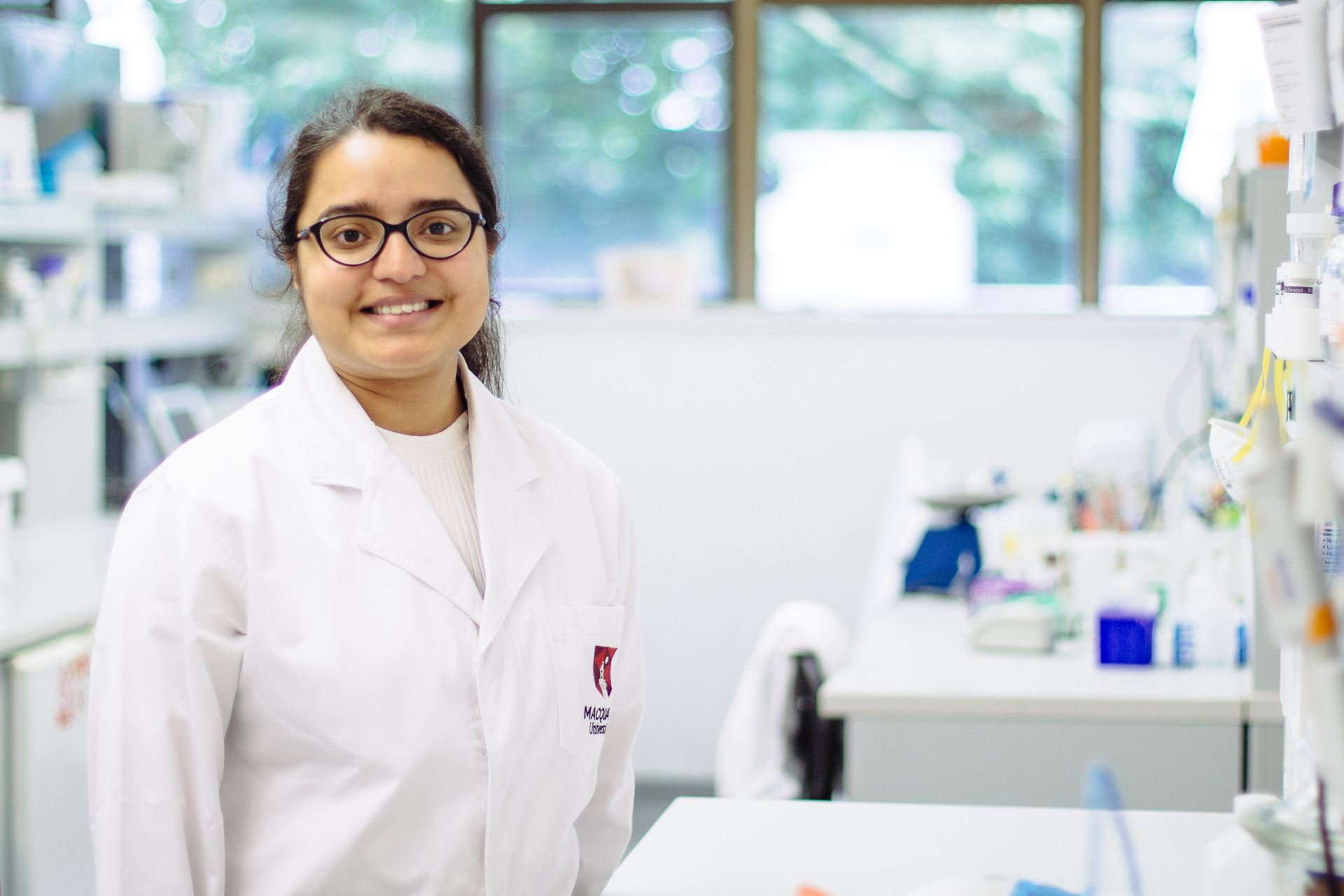 I am currently a Post-Doctoral Associate in Prof. Joseph Zaia’s group in Boston University School of Medicine, Boston, USA. I received my doctorate from Macquarie University, Sydney, Australia under the supervision of A/Prof. Morten Thaysen-Andersen. My research focuses on understanding the glycobiology of diseases including cancer and pathogenic infections using high-throughput mass spectrometry approaches. I joined the HUPO ECR committee in 2022 and have been actively involved in different HUPO 2022 (Cancun) conference-related tasks (3MT competition, poster judge, chairing mentoring, and scientific sessions). In this past year, I have quickly learned several logistical and organizational skills required for a successful large-scale conference, as well as, highlighting the need to put the spotlight on early career researchers (ECRs). As an incoming female ECR from India/Australia, I sometimes find it difficult to be heard and noticed, which I am certain is a mutual feeling for a lot of ECRs. My vision is to encourage, promote and enable incoming ECRs to showcase their research and skills on a wider platform. As part of the ECR committee, and a current core/scientific committee member for HUPO 2023 (Busan), I am able to, in my capacity, advocate for young scientists and offer engaging and diverse opportunities for ECRs. I would like to extend my ideas and be a voice on the council and I am excited to bring a new perspective while maintaining diversity, inclusion and respect for the community.
I am currently a Post-Doctoral Associate in Prof. Joseph Zaia’s group in Boston University School of Medicine, Boston, USA. I received my doctorate from Macquarie University, Sydney, Australia under the supervision of A/Prof. Morten Thaysen-Andersen. My research focuses on understanding the glycobiology of diseases including cancer and pathogenic infections using high-throughput mass spectrometry approaches. I joined the HUPO ECR committee in 2022 and have been actively involved in different HUPO 2022 (Cancun) conference-related tasks (3MT competition, poster judge, chairing mentoring, and scientific sessions). In this past year, I have quickly learned several logistical and organizational skills required for a successful large-scale conference, as well as, highlighting the need to put the spotlight on early career researchers (ECRs). As an incoming female ECR from India/Australia, I sometimes find it difficult to be heard and noticed, which I am certain is a mutual feeling for a lot of ECRs. My vision is to encourage, promote and enable incoming ECRs to showcase their research and skills on a wider platform. As part of the ECR committee, and a current core/scientific committee member for HUPO 2023 (Busan), I am able to, in my capacity, advocate for young scientists and offer engaging and diverse opportunities for ECRs. I would like to extend my ideas and be a voice on the council and I am excited to bring a new perspective while maintaining diversity, inclusion and respect for the community.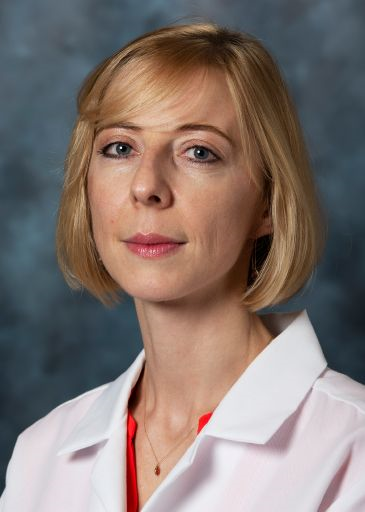 Serving as a HUPO Council is both an honor and a responsibility; it requires a demonstrated commitment to the HUPO members and the organization itself. As a past ECR chair and current cochair for ETC, I have leadership experience that will help me to listen to what HUPO members want and need. I’m confident that I can represent their voices well and act in the best interests of the community. I am proud to be part of the HUPO organization, whose vision involves bringing great science to life. I believe my vital personality and organization skills can help to create a great place for the Omics community to build networks and promote collaborative research and ideas. Together we can make the future a better place for all of us!
Serving as a HUPO Council is both an honor and a responsibility; it requires a demonstrated commitment to the HUPO members and the organization itself. As a past ECR chair and current cochair for ETC, I have leadership experience that will help me to listen to what HUPO members want and need. I’m confident that I can represent their voices well and act in the best interests of the community. I am proud to be part of the HUPO organization, whose vision involves bringing great science to life. I believe my vital personality and organization skills can help to create a great place for the Omics community to build networks and promote collaborative research and ideas. Together we can make the future a better place for all of us!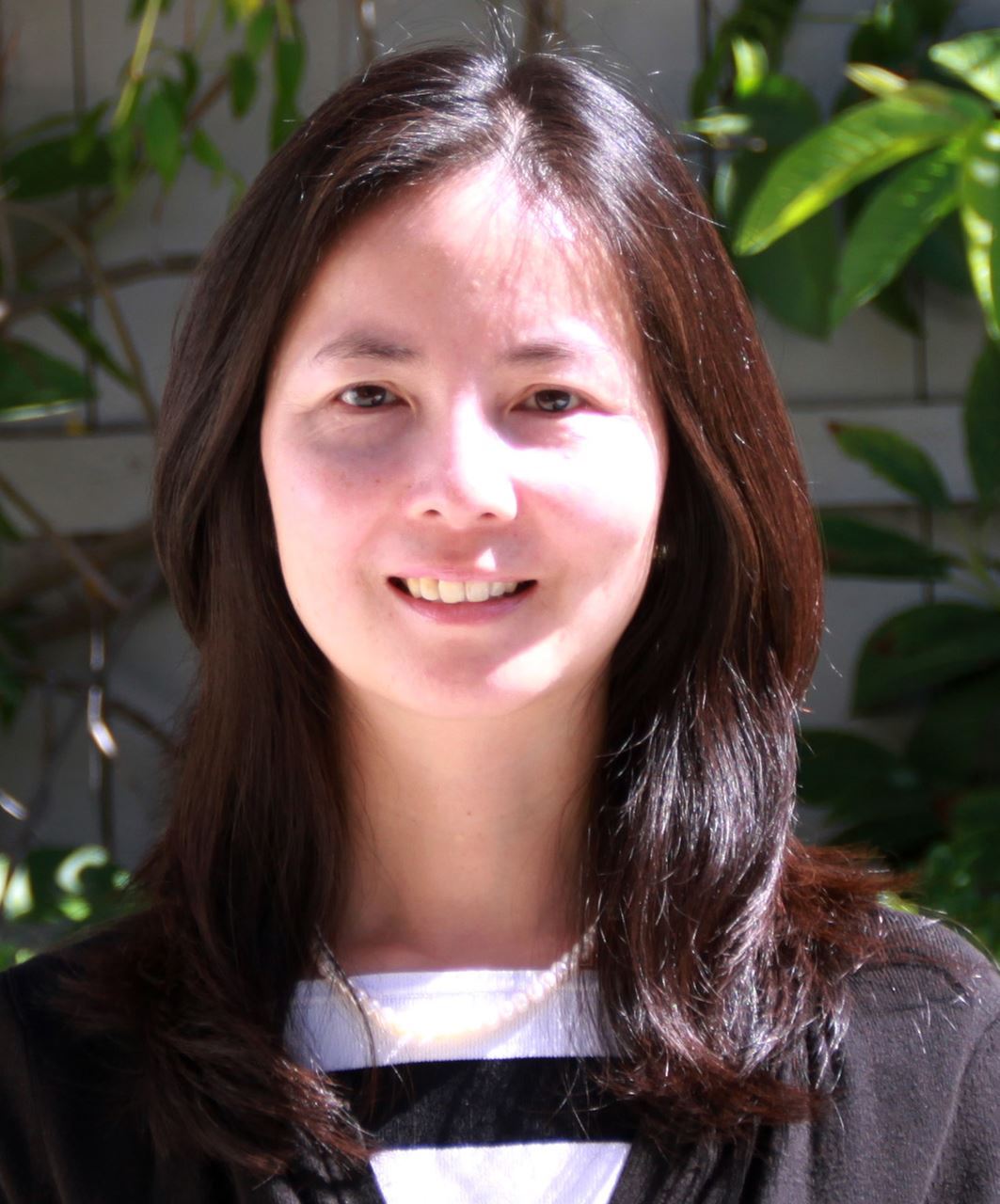 Dr. Lan Huang is Professor of Physiology & Biophysics in the School of Medicine, University of California, Irvine. Her research focuses on developing novel, integrated mass spectrometry-based-proteomic strategies to characterize macromolecular protein complexes and understand their functions, particularly those in the ubiquitin-proteasome system.
Dr. Lan Huang is Professor of Physiology & Biophysics in the School of Medicine, University of California, Irvine. Her research focuses on developing novel, integrated mass spectrometry-based-proteomic strategies to characterize macromolecular protein complexes and understand their functions, particularly those in the ubiquitin-proteasome system. 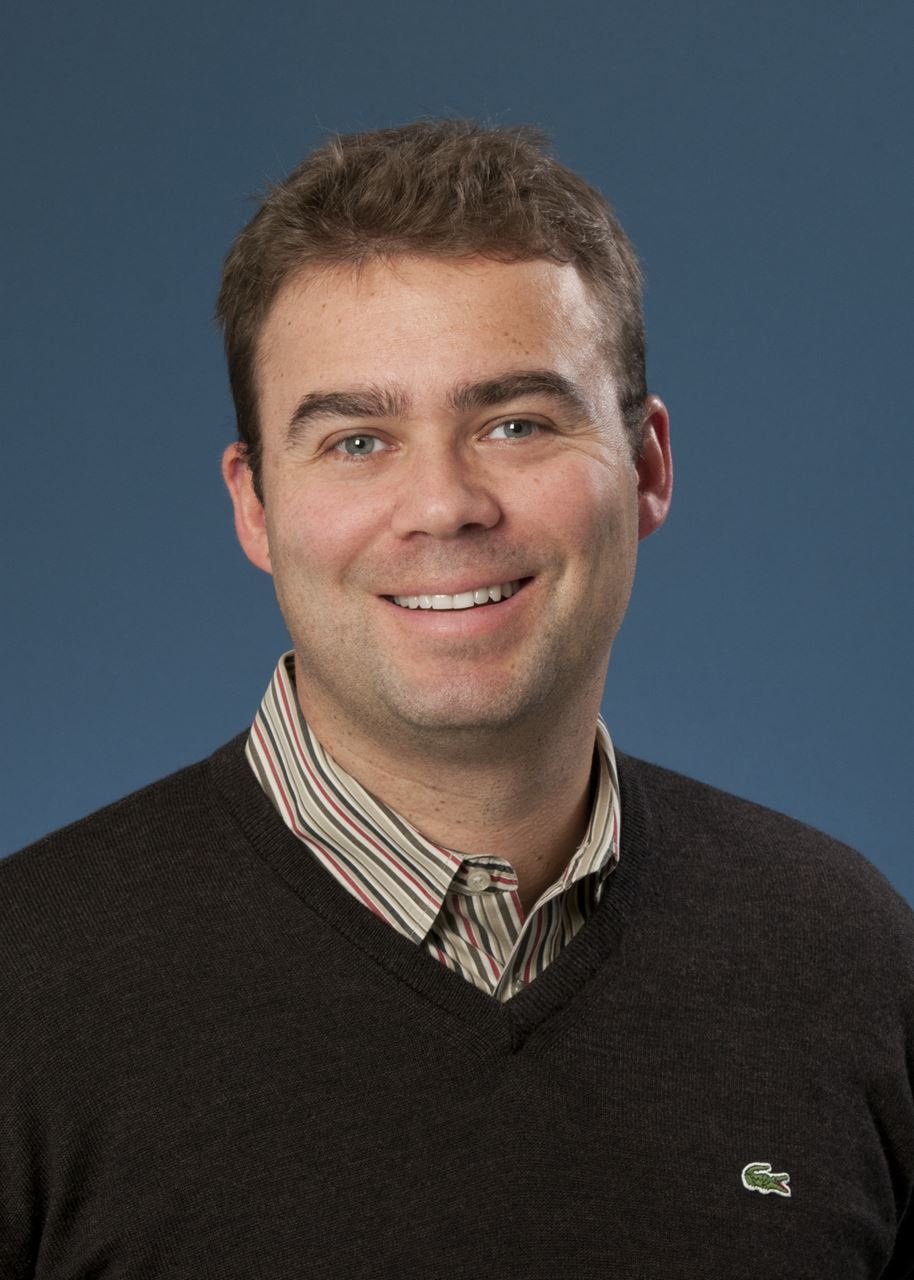 Thomas Kislinger received his MSc in Analytical Chemistry from the University of Munich, Germany (1998). He completed his PhD in 2001, investigating the role of Advanced Glycation Endproducts in diabetic vascular complications at the University of Erlangen, Germany and Columbia University, New York. Between 2002 and 2006 he completed a post-doctoral fellowship at the University of Toronto. In 2006 he joined the Princess Margaret Cancer Centre as an independent investigator. Dr. Kislinger is a Senior Scientist at the Princess Margaret Cancer Centre and a Professor and Chair at the University of Toronto in the Department of Medical Biophysics. Dr. Kislinger serves as Associate Editor for the Journal of Proteome Research. The Kislinger lab applies proteomics technologies to translational and basic cancer biology. This includes the development of novel proteomics methodologies, identification of liquid biopsy signatures and the molecular identification of novel cell surface markers.
Thomas Kislinger received his MSc in Analytical Chemistry from the University of Munich, Germany (1998). He completed his PhD in 2001, investigating the role of Advanced Glycation Endproducts in diabetic vascular complications at the University of Erlangen, Germany and Columbia University, New York. Between 2002 and 2006 he completed a post-doctoral fellowship at the University of Toronto. In 2006 he joined the Princess Margaret Cancer Centre as an independent investigator. Dr. Kislinger is a Senior Scientist at the Princess Margaret Cancer Centre and a Professor and Chair at the University of Toronto in the Department of Medical Biophysics. Dr. Kislinger serves as Associate Editor for the Journal of Proteome Research. The Kislinger lab applies proteomics technologies to translational and basic cancer biology. This includes the development of novel proteomics methodologies, identification of liquid biopsy signatures and the molecular identification of novel cell surface markers.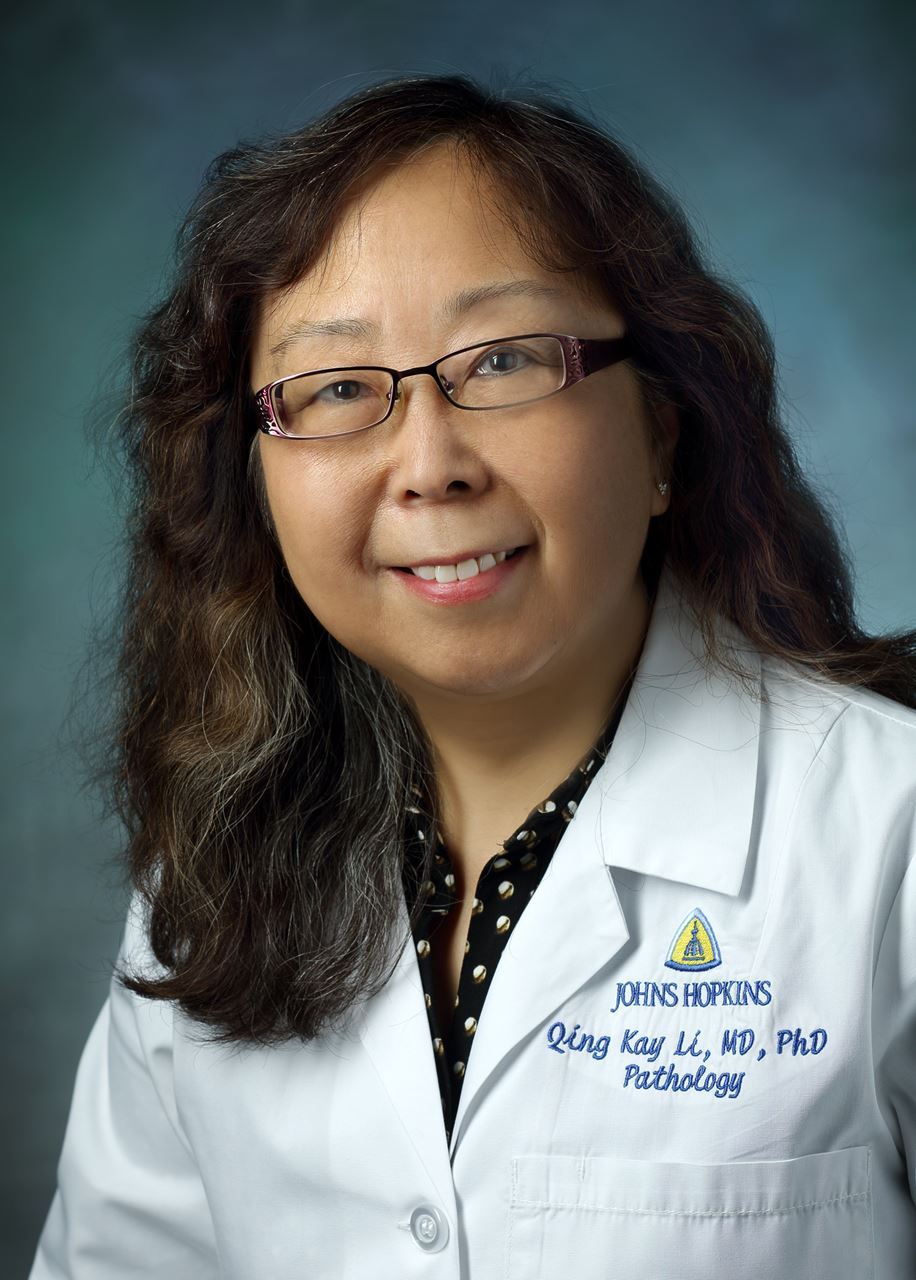 Dr. Li is a physician-scientist in the Biomarker Discovery and Translation Center of the Departments of Pathology, at the Johns Hopkins University School of Medicine. In addition to her clinical service in the diagnostic pathology and cytopathology for cancer patients, she conducts independent research which investigates molecular and proteomic pathways in cancers. She is an investigator and co-PI of NCI CPTAC, and serves a critical role in the analysis of pathological features and immune expressions of protein markers in cancers. She also collaborates with other investigators in the Biomarker Discovery Center and NCI CPTAC, which seek her expertise in the diagnosis, classification, and molecular characterization of tumors. Her work focuses on the identification and validation of candidate protein markers using advanced molecular approaches, which have the translational significance for the development of clinical assays to improve diagnostic specificity and targeted treatment of cancers. Her other goal is to assure the quality of biospecimens for proteogenomic studies, and to investigate the tumor heterogeneity in the discovery and clinical assay development. She has more than 140 publications, including two books and 10 book chapters. Dr. Li has been served as committee members for ASC (American Society of Cytopathology) and ASCP (American Society of Clinical Pathology); and president of Pathology Society of Maryland.
Dr. Li is a physician-scientist in the Biomarker Discovery and Translation Center of the Departments of Pathology, at the Johns Hopkins University School of Medicine. In addition to her clinical service in the diagnostic pathology and cytopathology for cancer patients, she conducts independent research which investigates molecular and proteomic pathways in cancers. She is an investigator and co-PI of NCI CPTAC, and serves a critical role in the analysis of pathological features and immune expressions of protein markers in cancers. She also collaborates with other investigators in the Biomarker Discovery Center and NCI CPTAC, which seek her expertise in the diagnosis, classification, and molecular characterization of tumors. Her work focuses on the identification and validation of candidate protein markers using advanced molecular approaches, which have the translational significance for the development of clinical assays to improve diagnostic specificity and targeted treatment of cancers. Her other goal is to assure the quality of biospecimens for proteogenomic studies, and to investigate the tumor heterogeneity in the discovery and clinical assay development. She has more than 140 publications, including two books and 10 book chapters. Dr. Li has been served as committee members for ASC (American Society of Cytopathology) and ASCP (American Society of Clinical Pathology); and president of Pathology Society of Maryland. 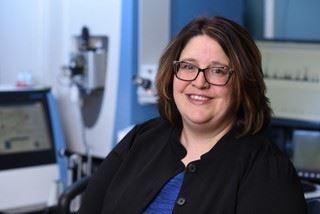 Amber grew up in the Appalachian Mountains of East Tennessee where she attended East Tennessee State University earning a B.S. degree in Biology and Philosophy. She then pursued her PhD at the University of Kentucky College of Medicine in the Department of Molecular and Cellular Biochemistry. She then moved to the Stowers Institute in Kansas City, MO to continue her training in mass spectrometry-based proteomics and bioinformatics. Amber moved to Indiana University in 2010 where she is a Professor of Biochemistry & Molecular Biology and serves as Director of the IUSM Center for Proteome Analysis. Amber is an expert in biochemistry, mass spectrometry-based proteomics, bioinformatics, genetics, and computational biology, and has successfully applied these approaches to numerous independent and collaborative projects. She has a long-standing interest in dynamic protein-protein interactions involved in the regulation of fundamental cellular processing including RNA transcription and protein translation. Her research group is working to advance Thermal Proteome Profiling (TPP) technologies forward as a field standard approach for analysis of genetic disease models and/or patient samples with either know or unknown disease etiology. This includes increasing the sensitivity and reproducibility of the TPP method and computational workflows.
Amber grew up in the Appalachian Mountains of East Tennessee where she attended East Tennessee State University earning a B.S. degree in Biology and Philosophy. She then pursued her PhD at the University of Kentucky College of Medicine in the Department of Molecular and Cellular Biochemistry. She then moved to the Stowers Institute in Kansas City, MO to continue her training in mass spectrometry-based proteomics and bioinformatics. Amber moved to Indiana University in 2010 where she is a Professor of Biochemistry & Molecular Biology and serves as Director of the IUSM Center for Proteome Analysis. Amber is an expert in biochemistry, mass spectrometry-based proteomics, bioinformatics, genetics, and computational biology, and has successfully applied these approaches to numerous independent and collaborative projects. She has a long-standing interest in dynamic protein-protein interactions involved in the regulation of fundamental cellular processing including RNA transcription and protein translation. Her research group is working to advance Thermal Proteome Profiling (TPP) technologies forward as a field standard approach for analysis of genetic disease models and/or patient samples with either know or unknown disease etiology. This includes increasing the sensitivity and reproducibility of the TPP method and computational workflows. 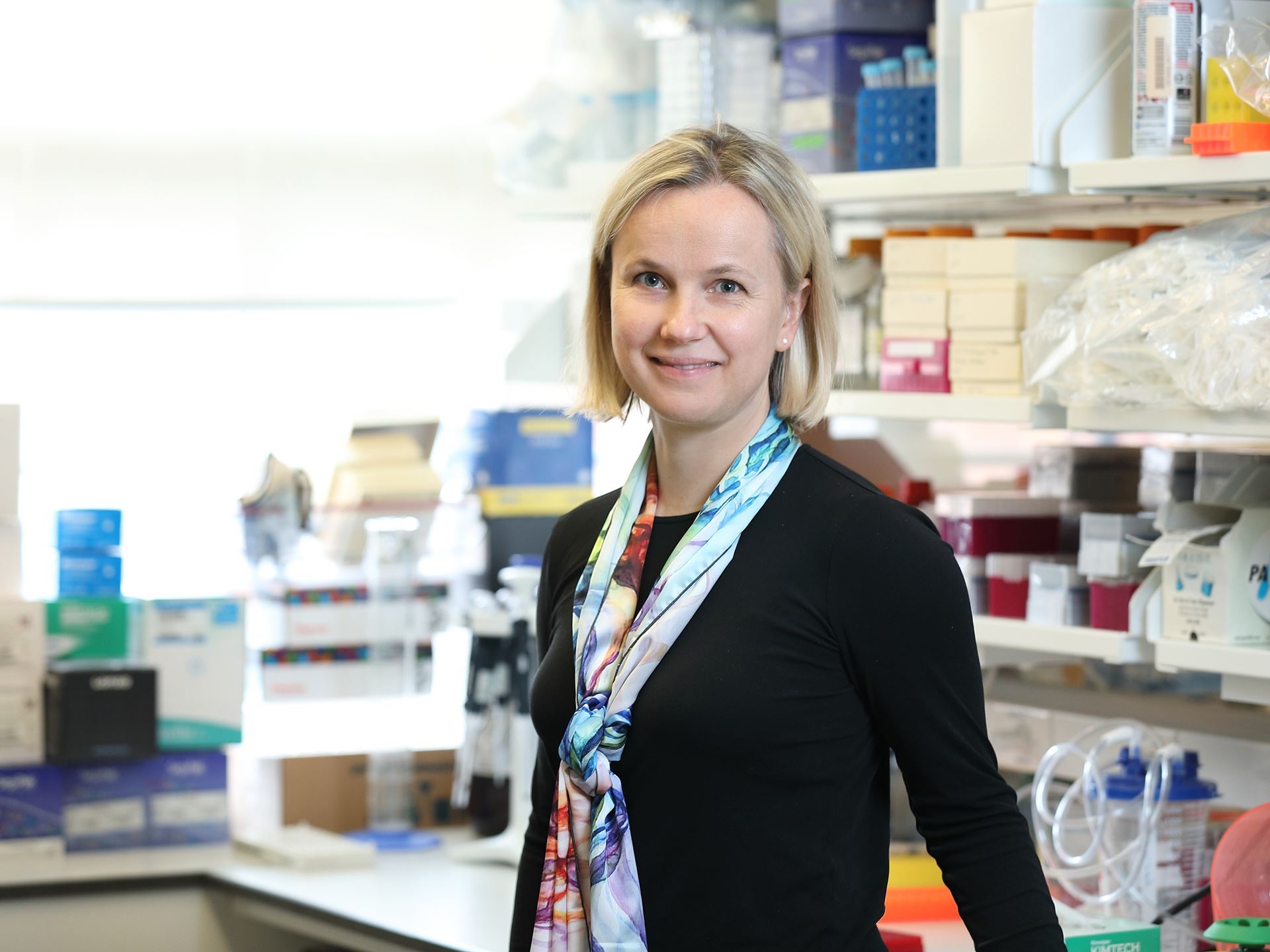 I have served on the HUPO Council from 2017 to 2019 and I would be very happy to serve the HUPO community to continue again in that capacity.
I have served on the HUPO Council from 2017 to 2019 and I would be very happy to serve the HUPO community to continue again in that capacity.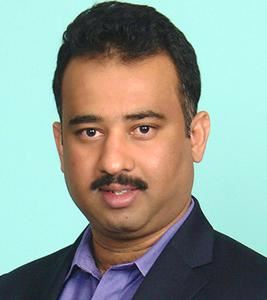 I am Founder & CEO of SPOC Proteomics (spoc.bio, an INanoBio company) and my mission is to democratize kinetic and functional proteomics by enabling kinetic analysis of 1000s of proteins at once, at ~ 1/100th of what it costs today. Protein function is determined not only by what other proteins/biomolecules it binds to or interacts with, but also by how strongly or weekly it binds/interacts with it. As we are all aware, all CoV2 Spike variants bind to ACE2 on human host cells. However, the strength of binding of each variant, characterized by kinetic rates, significantly contributes to transmissivity and pathogenicity of each specific variant. Similarly, variant specific binding affinity/avidities contribute to escape from vaccine derived immunity, and from FDA-approved antibody drugs. Currently, kinetic analysis of protein interactions requires researchers to purchase and immobilize commercially available purified proteins, which can cost > $250 for each protein. This obviously is a huge barrier to progress in proteomics, as there are over a million different proteoforms (isoforms, PTMs, mutations). To help solve this, I conceived and led the development of Sensor-integrated Proteome On Chip (SPOC) protein-biosensor array platform. In SPOC, 1000s of proteins are expressed in isolated nanowells from respective genes in human lysate and captured as pure spots on SPR biosensor chips. This enables direct quantitative and SPR kinetic analysis of thousands of unique protein interactions simultaneously. Our goal is to offer 1000 protein SPR chips to the proteomics community for <$1000, to achieve <$1 per protein kinetic data, democratizing kinetic proteomics. My innovations on protein – biosensor platforms received $5M from US NIH for development and commercialization. To sequence DNA and proteins 1000x faster, I conceived a novel solid state nanopore transistor technology that is currently under development (support from US DARPA).
I am Founder & CEO of SPOC Proteomics (spoc.bio, an INanoBio company) and my mission is to democratize kinetic and functional proteomics by enabling kinetic analysis of 1000s of proteins at once, at ~ 1/100th of what it costs today. Protein function is determined not only by what other proteins/biomolecules it binds to or interacts with, but also by how strongly or weekly it binds/interacts with it. As we are all aware, all CoV2 Spike variants bind to ACE2 on human host cells. However, the strength of binding of each variant, characterized by kinetic rates, significantly contributes to transmissivity and pathogenicity of each specific variant. Similarly, variant specific binding affinity/avidities contribute to escape from vaccine derived immunity, and from FDA-approved antibody drugs. Currently, kinetic analysis of protein interactions requires researchers to purchase and immobilize commercially available purified proteins, which can cost > $250 for each protein. This obviously is a huge barrier to progress in proteomics, as there are over a million different proteoforms (isoforms, PTMs, mutations). To help solve this, I conceived and led the development of Sensor-integrated Proteome On Chip (SPOC) protein-biosensor array platform. In SPOC, 1000s of proteins are expressed in isolated nanowells from respective genes in human lysate and captured as pure spots on SPR biosensor chips. This enables direct quantitative and SPR kinetic analysis of thousands of unique protein interactions simultaneously. Our goal is to offer 1000 protein SPR chips to the proteomics community for <$1000, to achieve <$1 per protein kinetic data, democratizing kinetic proteomics. My innovations on protein – biosensor platforms received $5M from US NIH for development and commercialization. To sequence DNA and proteins 1000x faster, I conceived a novel solid state nanopore transistor technology that is currently under development (support from US DARPA).
.png)
